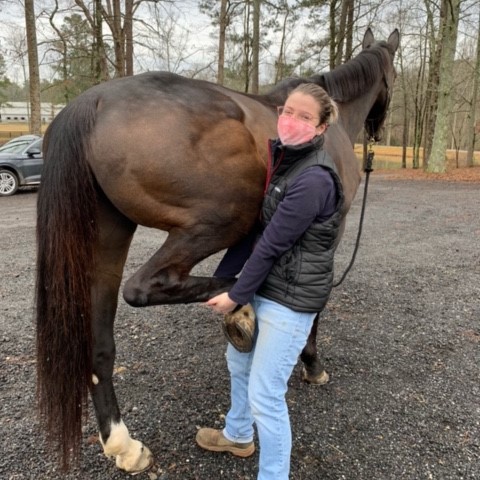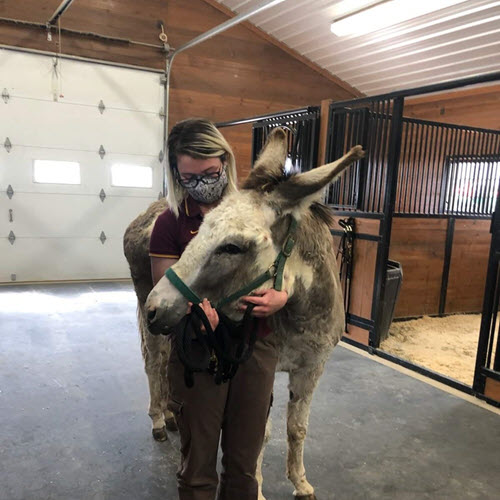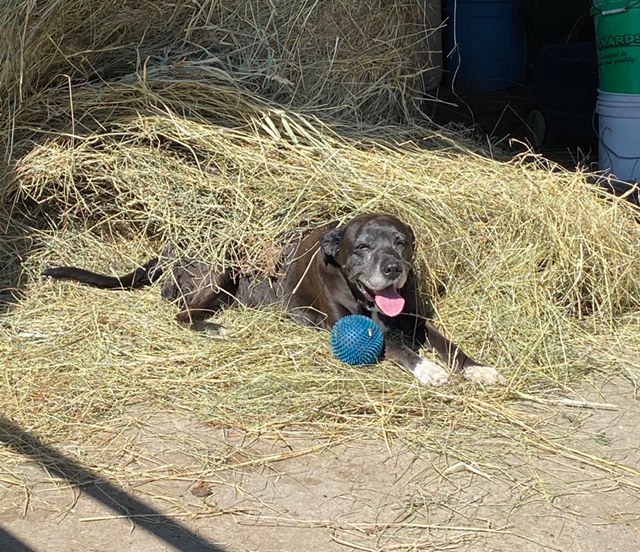Our Blog
The Biting Bugs Are Back!
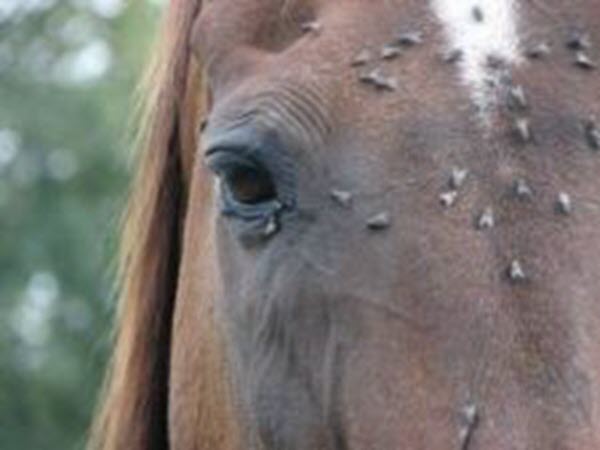
Ahhh the lazy hazy crazy days of summer are here! And for us in Minnesota this year, it means A LOT of bugs. The wet warm weather has produced a cash crop year for the flying and crawly creatures that drive us all mad. So I’d like to take this opportunity to remind everyone about the types of bugs that drive us and our horses crazy.
Stable flies: They are everywhere! They are a nuisance but thankfully don’t transmit disease. Flies like detritus (manure) so keeping a clean barn and stall and pasture will help minimize their presence at your farm. Fly predator packs which are commercially available can also help.
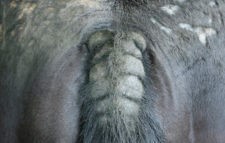 Mosquitos: These guys do transmit disease-including West Nile Virus, Eastern and Western Encephalitis, and Equine Infectious Anemia (the disease the Coggins test checks for). Make sure your horse is up to date on vaccines to help prevent infection with the viral infections. Some horses also have very strong reactions to mosquito bites. Wearing fly sheets and creating air movement with the placement of fans in aisleways and stalls can help your horse fight the biting mosquitos.
Mosquitos: These guys do transmit disease-including West Nile Virus, Eastern and Western Encephalitis, and Equine Infectious Anemia (the disease the Coggins test checks for). Make sure your horse is up to date on vaccines to help prevent infection with the viral infections. Some horses also have very strong reactions to mosquito bites. Wearing fly sheets and creating air movement with the placement of fans in aisleways and stalls can help your horse fight the biting mosquitos.
Culicoides/Biting midges/No-See-Ums: These tiny fling creatures can reek havoc on horses. They especially like to bite the undercarriage, chest, head and ears of our horse friends. When you see tail rubbing this time of year, it typically is NOT intestinal parasites but actually irritation from biting midges. Air movement in the form of fans can be helpful to prevent these guys from biting. Additionally, the homemade fly repellant of Avon Skin-so-soft, vinegar and water really does work for these guys. It won’t help as much with other biting bugs but if your horse reacts strongly to biting midges, try this concoction sprayed primarily on the belly and sheath or teats, under and around the tail, the chest and head.
Ticks: Let’s just say it out loud. Ticks are gross! And they transmit disease. The best prevention for ticks and tick borne disease is grooming your horse regularly and removing them. They take 24 hours of attachment to actually transmit diseases like Lyme and Anaplasmosis. Signs of infection are fever, depression and sometimes stocking up or swollen limbs. Call your vet immediately if you see signs of tick borne disease.
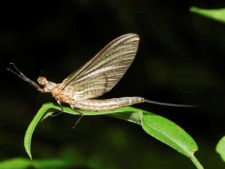 Mayflies: Although the name suggests these are a spring problem. They actually hatch and swarm in June, July and August in Minnesota. Although these bugs don’t bite, they can transmit a deadly disease if your horse consumes them. Potomac Horse Fever. This disease is very serious, causing fever, diarrhea, and laminitis. The mayflies like to swarm around lights at dusk and then die and fall to the ground. Keep barn light OFF at night and check food and water buckets for the little dead bugs and clean them out regularly. If you see any signs of Potomac Horse fever in your horse, call your veterinarian immediately.
Mayflies: Although the name suggests these are a spring problem. They actually hatch and swarm in June, July and August in Minnesota. Although these bugs don’t bite, they can transmit a deadly disease if your horse consumes them. Potomac Horse Fever. This disease is very serious, causing fever, diarrhea, and laminitis. The mayflies like to swarm around lights at dusk and then die and fall to the ground. Keep barn light OFF at night and check food and water buckets for the little dead bugs and clean them out regularly. If you see any signs of Potomac Horse fever in your horse, call your veterinarian immediately.
To recap…..protect your horses the best you can from biting bugs with the following precautions:
- Vaccinate for West Nile and WEE/EEE
- Use fly sheets and fly repellants liberally especially at dusk
- Use air movement from fans
- Clean up manure in the barn and paddock
- Turn off lights at night
I hope this helps everyone and their horses to avoid those awful bugs this summer! Have fun and stay safe everyone!
